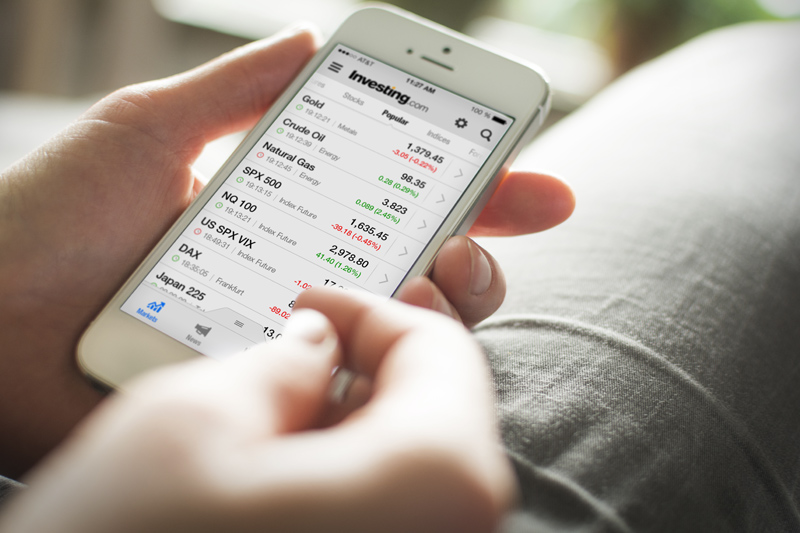Investing.com - The dollar rose to one-month highs against the euro on Tuesday after data showed that German economic sentiment slumped to a 16-month low in May, amid concerns that low levels of inflation are posing a threat to the recovery in the euro zone.
EUR/USD hit 1.3716, the weakest since April 7 and was last down 0.28% to 1.3718.
The drop in the euro came after the ZEW Centre for Economic Research reported that its index of German economic sentiment dropped to 33.1 this month from 43.2 in April. Analysts had expected a reading of 41.0.
The current conditions index improved to 62.1 from 59.5 in April, ahead of expectations of 60.5.
The euro weakened broadly last week after the European Central Bank indicated that it could begin to ease monetary policy as soon as its next meeting in June, to combat persistently low inflation in the euro zone.
EUR/JPY was down 0.18% to session lows of 140.23.
Elsewhere, the dollar was higher against the yen, with USD/JPY at 102.26.
Strong gains in Asian equities market overnight dampened demand for the safe haven yen, after the Dow Jones and the S&P 500 closed at record highs on Monday.
Investors largely shrugged off data showing that industrial production and retail sales in China slowed slightly in April, adding to concerns over a slowdown in the world’s second-largest economy.
The U.S. was to release data on retail sales later in the trading day.
The pound slid lower against the dollar, with GBP/USD down 0.21% to 1.6830, holding below last week’s almost five-year peaks of 1.6993. Demand for sterling continued to be underpinned by expectations for a U.K. rate hike in the early part of next year.
Elsewhere, USD/CHF was up 0.23% to 0.8897.
The Australian dollar was lower following the disappointing data from China, with AUD/USD losing 0.19% to trade at 0.9344, while NZD/USD eased up 0.17% to 0.8634. USD/CAD gained 0.11% to trade at 1.0905.
The US Dollar Index, which tracks the performance of the greenback versus a basket of six other major currencies, was up 0.18% to 80.15.
